I keep getting 'Program received signal SIGFPE, Arithmetic exception' when dividing in x86 Assembly. It's confusing because the answer should be smaller than a 64 bit answer if I divide by 10....
mov $0x82b40000, $eax
mov $0x21c3677c, $edx
mov $10000000, %ebx
div %ebx
